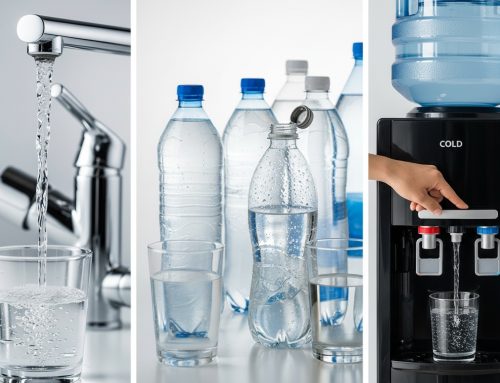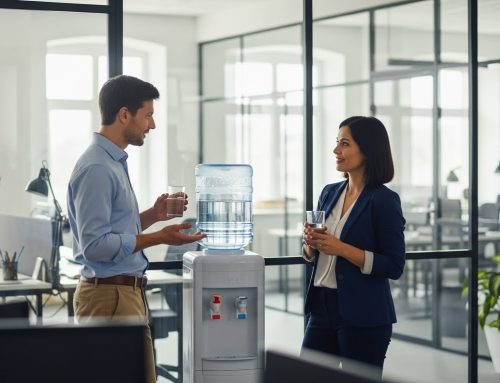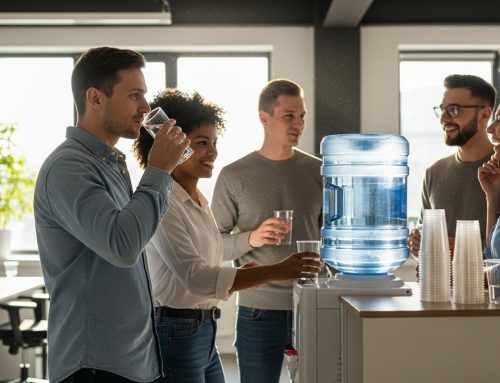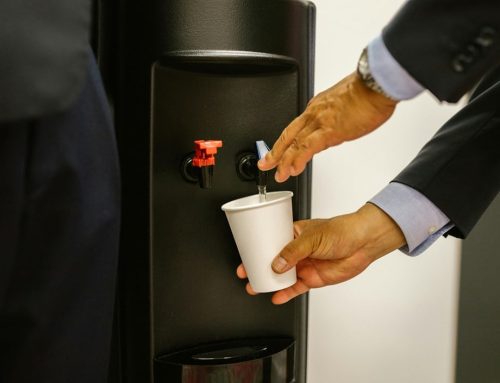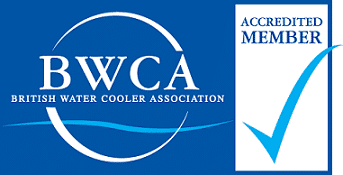 The British Water Cooler Association (BWCA), established in 1989, represents the interests of water cooler companies in the UK. BWCA ensures that water companies adhere to the strict regulations governing water in the UK and offer the highest standards of hygiene, safety, and quality.
The British Water Cooler Association (BWCA), established in 1989, represents the interests of water cooler companies in the UK. BWCA ensures that water companies adhere to the strict regulations governing water in the UK and offer the highest standards of hygiene, safety, and quality.
BWCA members such as Living-Water must adhere to strict Codes of Practice and Bylaws, and have their Code of Advertising and Conduct audited annually for compliance. BWCA Members must comply with stringent sanitisation regulations and must carry out regular sanitisation and hygiene inspections.
The Food Standards Agency also regulates natural mineral water, spring water and bottled drinking water in the UK, specifically as regards labelling.
The Law Governing Bottled Waters
The Water Industry Act (1991) sets out the legislative context for the provision of drinking water in the UK. These regulations derive from the EU Drinking Water Directive, based on advice from the World Health Organization (WHO) and are reviewed regularly.
The latest government regulations re bottled water in the UK is the Natural Mineral Water, Spring Water and Bottled Drinking Water (England) (Amendment) Regulations 2010, which came into effect on 9th April 2010.
The above legislation combined with the BWCA Codes of Practice regulates the Bottled Water, Bottled Water Coolers and Plumbed-in Water Coolers (POU).
The regulations are as follows:
Quality
All water supplied to the public by water companies must comply with drinking water quality standards as set out for the quality of tap water at the time. These standards are constantly reviewed.
Risk Assessments
Regulations 27 and 28 of the Water Supply Regulations state that water companies must carry out risk assessment on all supplies.
Natural Mineral Water
Natural Mineral Water must come from an identified and protected source. It must be naturally wholesome without any treatment and have a guarantee that it is consistent in composition. There must be rigorous quality control at the point of bottling.
Natural Mineral Water may not undergo any treatment at source except:
- an authorised ozone-enriched air oxidation technique
- separation of unstable elements such as iron and sulphur compounds by filtration or decanting
- total or partial elimination of free carbon dioxide by exclusively physical methods
- an authorised activated alumina treatment to remove fluoride
- the introduction or the re-introduction of carbon dioxide to produce effervescent natural mineral water
A local authority must officially recognise Natural Mineral Water – this will only be awarded after a 2-year qualifying period during when the water will be subject to stringent testing. Once officially recognised, the water must be registered with the Food Standards Agency (FSA).
Natural Mineral Waters must have a mineral analysis on the label that informs consumers exactly what they are drinking.
Spring Water
Spring Water in the UK must originate from a single non-polluted underground source and must be bottled at that source. Spring Water must comply with standards based on the Drinking Water Regulations.
Spring Water may be treated with specific permitted treatments to remove certain minerals and meet the microbiological criteria.
All Living-Water’s natural spring water complies with every one of the strict European regulations and standards. An in house microbiologist and independent laboratories also regularly test it and it is perfect when used with a water cooler.
Sources:
British Water Cooler Association

